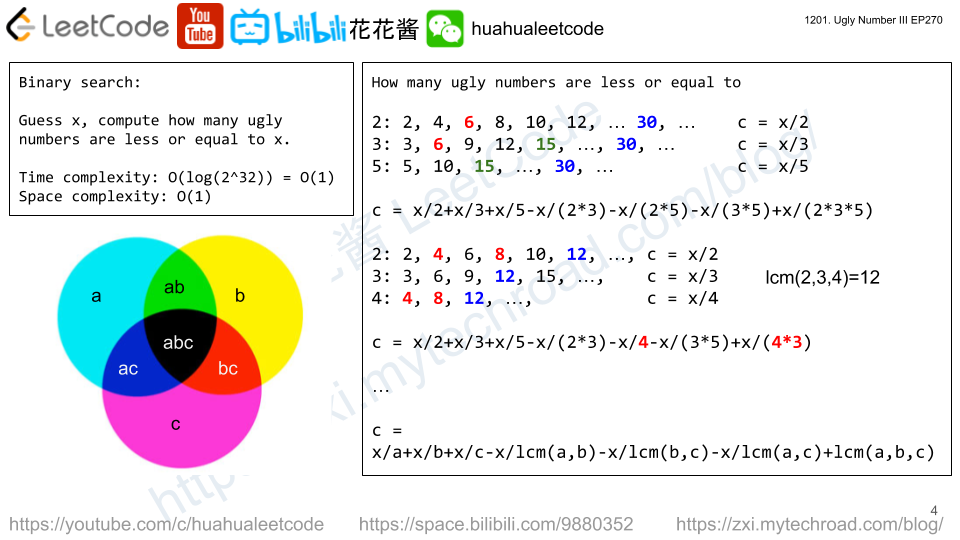You are given an integer n, the number of teams in a tournament that has strange rules:
- If the current number of teams is even, each team gets paired with another team. A total of
n / 2matches are played, andn / 2teams advance to the next round. - If the current number of teams is odd, one team randomly advances in the tournament, and the rest gets paired. A total of
(n - 1) / 2matches are played, and(n - 1) / 2 + 1teams advance to the next round.
Return the number of matches played in the tournament until a winner is decided.
Example 1:
Input: n = 7 Output: 6 Explanation: Details of the tournament: - 1st Round: Teams = 7, Matches = 3, and 4 teams advance. - 2nd Round: Teams = 4, Matches = 2, and 2 teams advance. - 3rd Round: Teams = 2, Matches = 1, and 1 team is declared the winner. Total number of matches = 3 + 2 + 1 = 6.
Example 2:
Input: n = 14 Output: 13 Explanation: Details of the tournament: - 1st Round: Teams = 14, Matches = 7, and 7 teams advance. - 2nd Round: Teams = 7, Matches = 3, and 4 teams advance. - 3rd Round: Teams = 4, Matches = 2, and 2 teams advance. - 4th Round: Teams = 2, Matches = 1, and 1 team is declared the winner. Total number of matches = 7 + 3 + 2 + 1 = 13.
Constraints:
1 <= n <= 200
Solution: Simulation / Recursion
Time complexity: O(logn)
Space complexity: O(1)
C++
|
1 2 3 4 5 6 7 8 9 10 11 12 13 14 15 16 17 18 19 |
// Ver 1 class Solution { public: int numberOfMatches(int n) { int ans = 0; while (n > 1) { ans += n / 2 + (n & 1); n /= 2; } return ans; } }; // Ver 2 class Solution { public: int numberOfMatches(int n) { return n > 1 ? n / 2 + (n & 1) + numberOfMatches(n / 2) : 0; } }; |
